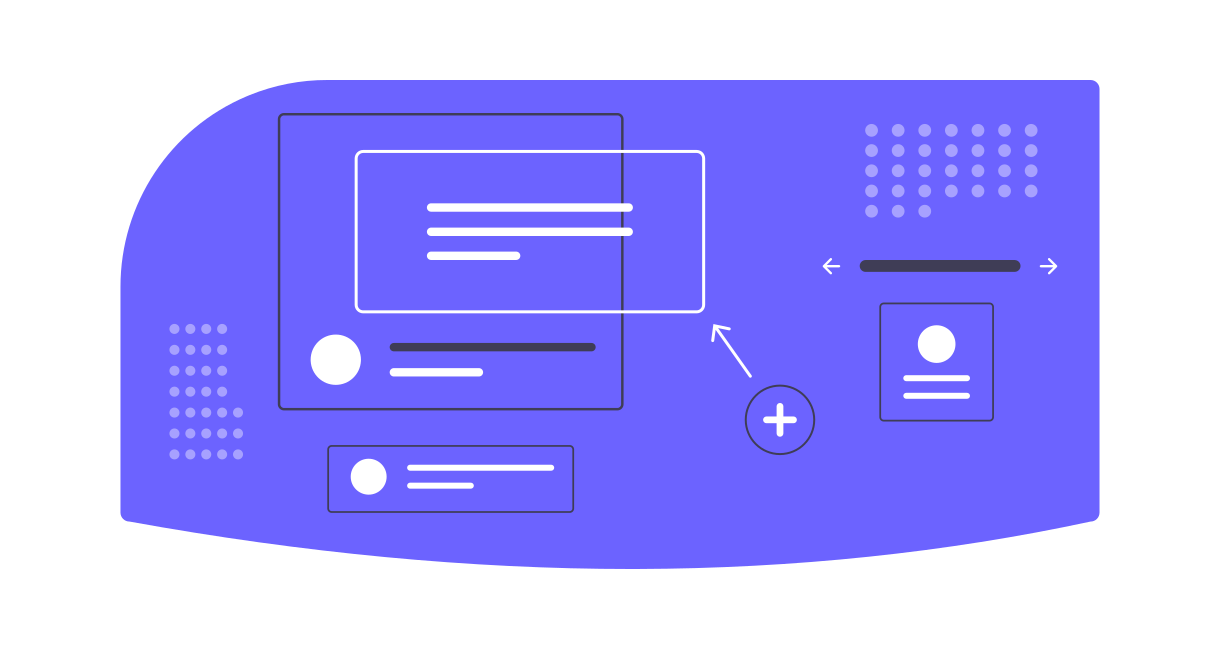
WordPress has been a popular choice for businesses of all sizes for website development, thanks to its user-friendly interface and abundance of plugins and themes. However, as businesses continue to evolve and digital transformation becomes a top priority, it is time for businesses to rethink their website architecture and consider migrating to a headless CMS. In this blog, we will discuss why businesses should urgently migrate their WordPress website over to a headless CMS.
What is a Headless CMS?
A Headless CMS is a content management system that separates the front-end presentation layer (i.e., the website or application) from the back-end content management layer. The front-end layer is responsible for rendering the content and interacting with the user, while the back-end layer is responsible for storing, managing, and delivering the content to the front-end layer through APIs.
Flexibility and Scalability
One of the main advantages of a headless CMS is its flexibility and scalability. With a headless CMS, businesses can choose any front-end technology they want, whether it be React, Angular, or Vue.js, without being constrained by the CMS. This means that businesses can choose the best tools and frameworks for their website development, making it easier to develop and maintain their website.
Additionally, a headless CMS is highly scalable, making it suitable for businesses that need to handle high traffic or large amounts of content. Because the CMS only handles content management and delivery, it can handle much more traffic than a traditional WordPress website, which can become sluggish and slow under high traffic loads.
Improved Performance and User Experience
Another advantage of a headless CMS is its ability to improve website performance and user experience. Because the front-end layer is decoupled from the back-end layer, the front-end can be optimized for speed and performance, resulting in faster load times and a smoother user experience.
Additionally, because the front-end layer is separate from the CMS, businesses can create a personalized and interactive user experience using advanced features such as chatbots, machine learning, and voice assistants, all of which can be integrated seamlessly into the website.
Better Security
WordPress websites are a popular target for hackers, and security is a constant concern for businesses that use the platform. While WordPress has made strides in improving security over the years, it is still vulnerable to attacks, especially if it is not kept up-to-date.
A headless CMS can help businesses improve website security by separating the front-end layer from the CMS. Because the CMS is not exposed to the internet, it is less vulnerable to attacks. Additionally, headless CMS platforms typically have built-in security features such as two-factor authentication, role-based access control, and encryption, making it easier for businesses to secure their content.
Conclusion
In conclusion, while WordPress has been a popular choice for businesses for website development, it is time for businesses to rethink their website architecture and consider migrating to a headless CMS. A headless CMS offers businesses the flexibility, scalability, performance, and security they need to succeed in the digital age. By migrating to a headless CMS, businesses can improve their website's user experience, increase website speed and security, and gain a competitive edge in their respective industries.
So, you like what you see?
Let’s talk about your website challenges, goals, and timelines to determine the right solution for your business.
Schedule a call













